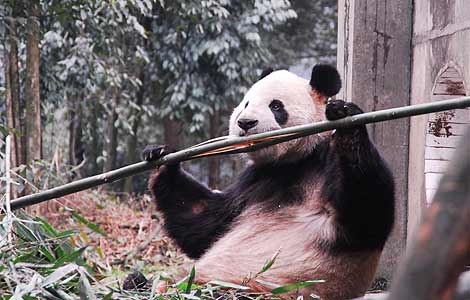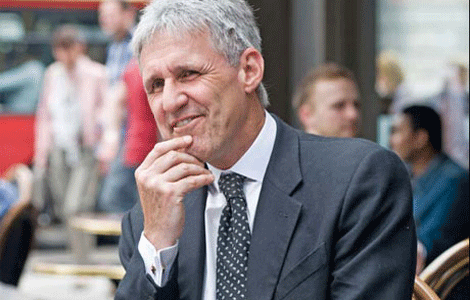Discontent grows against Conoco over oil leaks
Updated: 2011-09-05 08:01
(Xinhua)
|
|||||||||
BEIJING - ConocoPhillips China (COPC) is facing the wrath of the Chinese public after deceptively announcing that it had cleaned up oil spills in north China's Bohai Bay.
China's State Oceanic Administration (SOA) said on Friday in a statement that COPC failed to meet the SOA's requirements for finding potential sources for oil spills and sealing previous oil leaks before an August 31 deadline.
However, the company on Wednesday submitted a report to the SOA claiming that the two goals had been met.
Photos of polluted seawater and disgruntled fishermen have been widely posted on Weibo, a popular Chinese microblogging website, arousing the public's concern about possible economic and environmental losses resulting from the spills.
Public condemnation even grew stronger after a China Central Television (CCTV) report revealed on Friday that during a conversation between a CCTV reporter and an anonymous COPC employee, someone said through the ship intercom system to the reporter that the company intentionally set out to deceive Chinese authorities when it announced that it had met the SOA's requirements.
The company denied that its employee made the remarks and demanded a correction from CCTV, saying anyone in that sea area could make comments or interrupt any conversations on that wireless intercom channel that is open to the public. However, the company's claims have been met with doubt by the Chinese public.
"Their explanation does not even deserve a comment. I just want to say that ConocoPhillips needs to show more sincerity if the company truly wants to restore its image," wrote a microblogger using the screenname "student xiaolu."
The SOA has ordered COPC to cease production on its platforms in the Penglai 19-3 oilfield, which is jointly owned by COPC and China National Offshore Oil Corp. (CNOOC), China's largest offshore oil and gas producer.
Ma Jun, director of the Institute of Public and Environmental Affairs, a Beijing-based NGO, said that the SOA made the "right decision" in ordering COPC to halt production at the oilfield, as it will take some time for the SOA to take legal action against COPC.
Ma also called on the CNOOC to play a bigger role in the clean-up efforts at the oilfield, as it has a 51-percent stake in the field.
The CNOOC vowed on Saturday that it will enhance its supervision of and assistance to COPC in handling the oil spills in order to ensure that COPC fully meets the SOA's requirements.
A Sunday editorial published in the Beijing News stated that it was "astonishing" to see such a well-known multinational corporation lying to its customers and business partners, adding that there are "deep-rooted systematic issues at work behind the scenes."
Government departments should work together to establish an effective response system to solve similar problems in the future, instead of forcing the SOA to act alone, the editorial said.
Wu Danhong, an associate professor at the China University of Political Science and Law, said China should take cues from the actions taken last year by the US against British oil giant British Petroleum (BP).
In April 2010, an offshore drilling rig owned by the company exploded and sank into the Gulf of Mexico, triggering the worst oil spill in US history. The US government responded by hitting the company with a 20-billion-US-dollar fine.
COPC, a subsidiary of US energy giant ConocoPhillips, first reported the spills in Bohai Bay to authorities in June. Oil from the spills has spread to beaches in the nearby provinces of Hebei and Liaoning. The spills have been blamed for losses in the provinces' tourism and aquatic farming industries.











